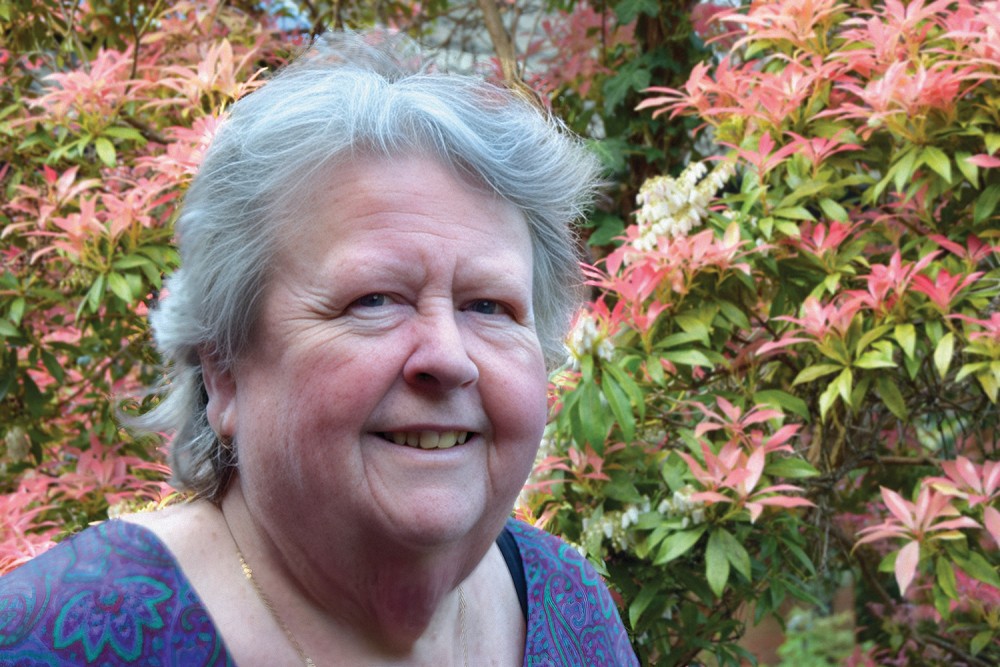Queering is for everyone
“What are we looking for when we’re looking for queer?” asks theologian Lisa Isherwood. “I’m looking for a wider picture of incarnation.”

Theologian Lisa Isherwood (Courtesy photo)
Lisa Isherwood teaches theology at the University of Wales. In 2001 she became the first professor of feminist liberation theologies in the United Kingdom. A founding editor of the journal Feminist Theology, she has written or edited 28 books, including multiple volumes in the Queering Theology series. A longer version of this interview can be heard on the Queering Contemplation podcast.
How do you define and experience the word queer?




